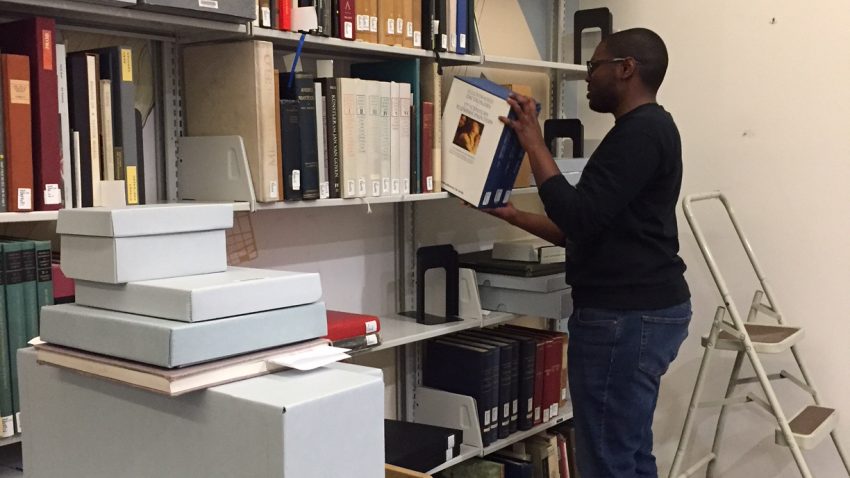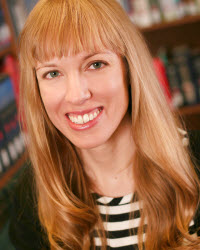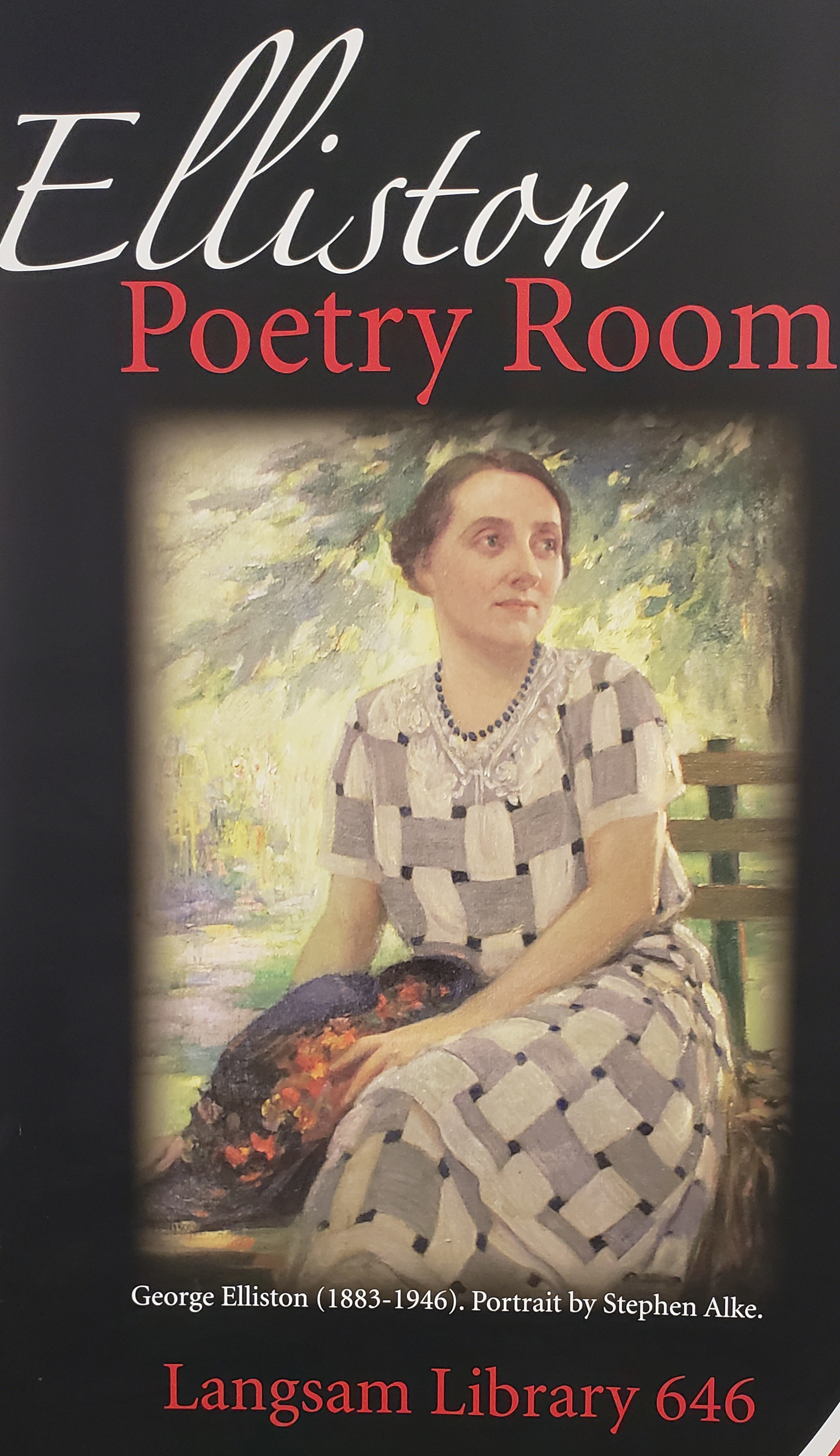 Do you like poetry? Interested in hearing poets talk about and read their work?
Do you like poetry? Interested in hearing poets talk about and read their work?
The Ellison Poetry Room, located in 646 Walter C. Langsam Library, announced its spring poetry schedule. All readings are free and open to the public. Book signings follow each reading.
NTOZAKE SHANGE: CELEBRATING AN ARTISTIC LEGACY THROUGH CONVERSATION AND PERFORMANCE
Featuring Dr. Shirlene Holmes, Aku Kadogo, RAHBI, the Cincinnati Black Theatre Company, College-Conservatory of Music (Acting), and The School for Creative and Performing Arts
February 15, 2019; 4:00 PM
Elliston Poetry Room, 646 Langsam Library
Sponsored by the Weinberger Center for Drama and Playwriting
ISHION HUTCHINSON
Poetry Reading
February 22, 2019; 4:00 PM
Elliston Poetry Room, 646 Langsam Library
MARY RUEFLE
2018-19 Elliston Poet-in-Residence
Lecture
March 6, 2019; 4:00 PM
Elliston Poetry Room, 646 Langsam Library
Poetry Reading
March 8, 2019; 4:00 PM
Elliston Poetry Room, 646 Langsam Library
XHENET ALIU & TIMOTHY O’KEEFE
Fiction and Poetry Reading
April 11, 2019; Time TBD
Elliston Poetry Room, 646 Langsam Library
THE ROBERT AND ADELE SCHIFF FICTION FESTIVAL
Featuring Sloane Crosley, Uzodinma Iweala, Katie Kitamura, and Brendan Mathews
April 17, 2019; 7:00 PM: Fiction Reading
April 18, 2019; 11:00 AM: Panel Discussion
April 18, 2019; 7:00 PM: Fiction Reading
April 19, 2019; 10:00 AM: Panel Discussion
All events take place in the Elliston Poetry Room, 646 Langsam Library
Named for the Cincinnati poet George Elliston, the Elliston Poetry Room houses a 20th-century poetry collection of over 10,000 books, magazines, records and recordings. Students and faculty interested in modern poetry can also take advantage of reading space and listening facilities, as well as poetry-writing workshops and poetry readings.
More information on each of these events may be found at: https://www.artsci.uc.edu/departments/english/creative-writing/visiting-writers-series.html
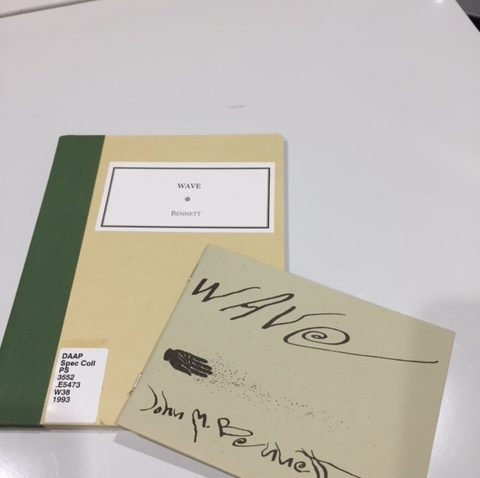
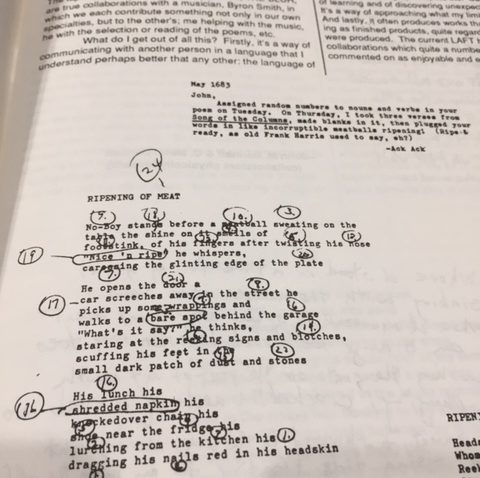
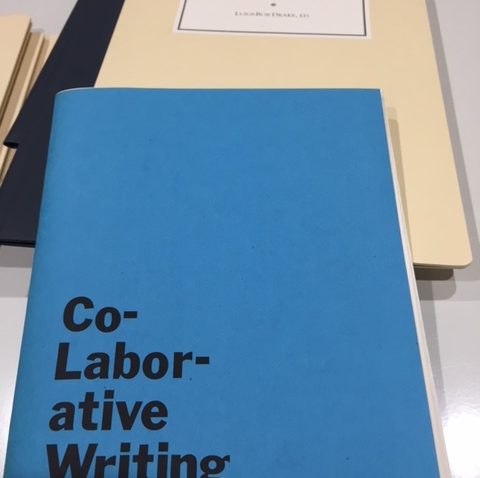
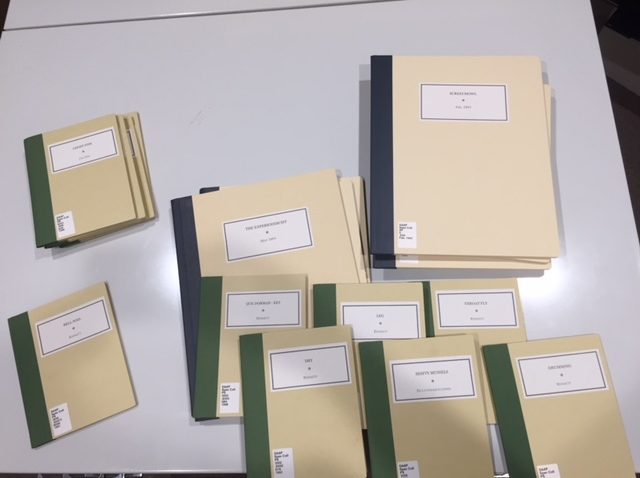


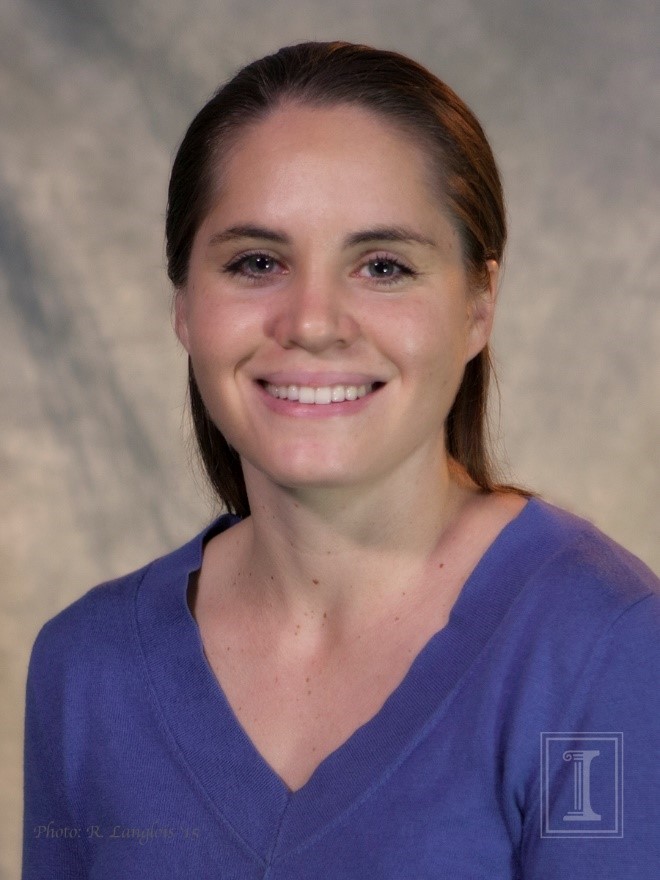

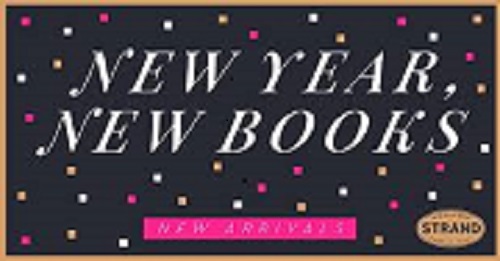
 Do you like poetry? Interested in hearing poets talk about and read their work?
Do you like poetry? Interested in hearing poets talk about and read their work?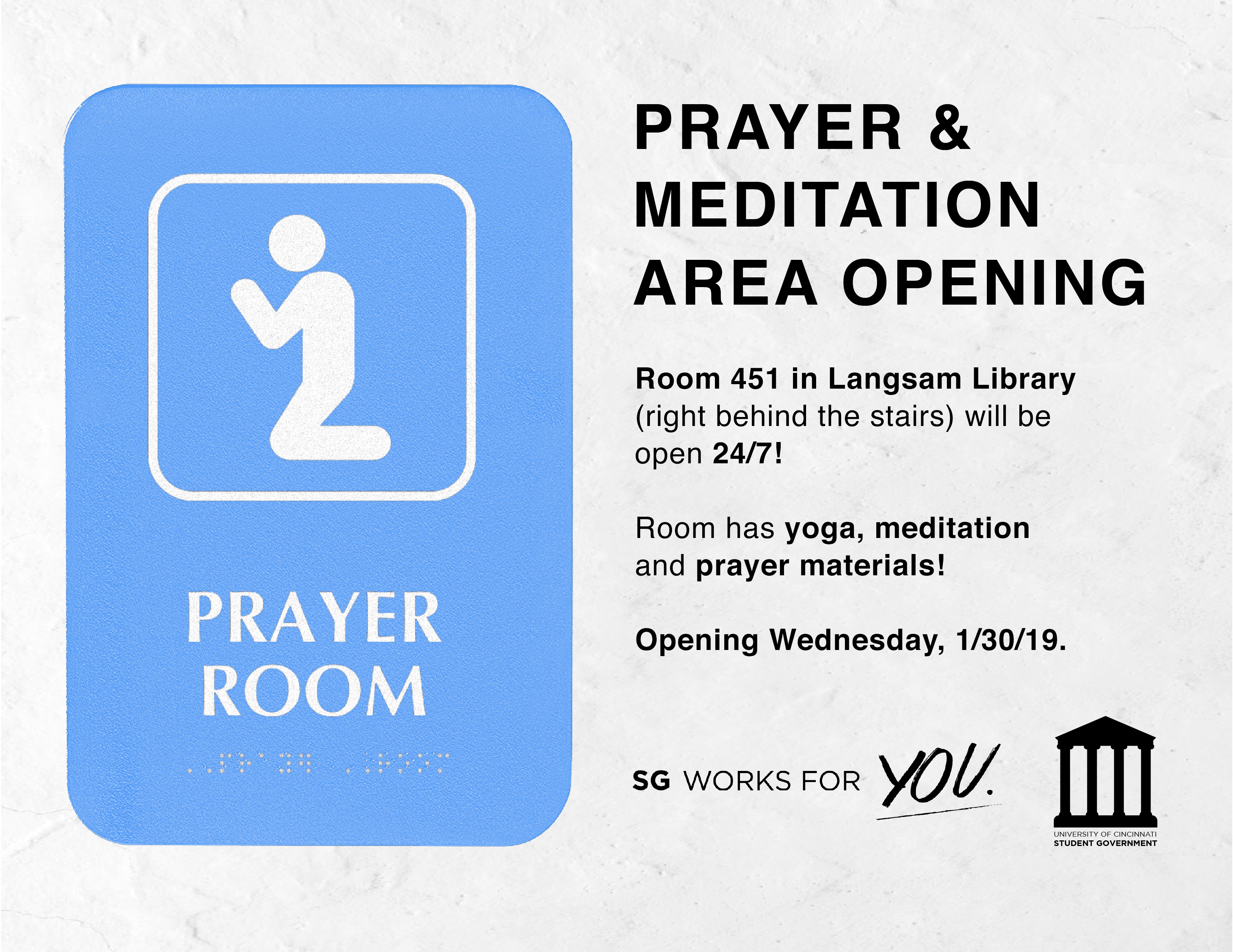 The University of Cincinnati Libraries has partnered with UC Student Government to create a Prayer and Meditation Space in the Walter C. Langsam Library.
The University of Cincinnati Libraries has partnered with UC Student Government to create a Prayer and Meditation Space in the Walter C. Langsam Library.